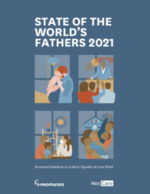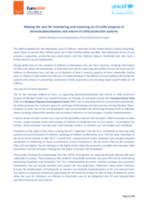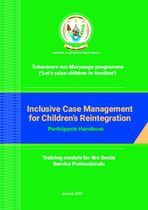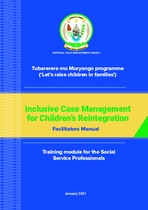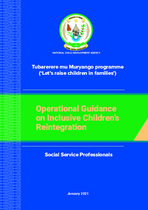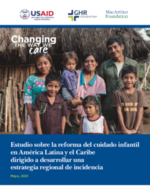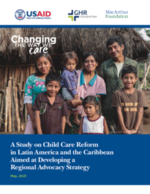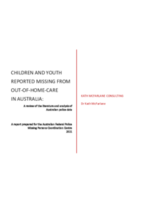The State of the World’s Fathers 2021
The State of the World’s Fathers 2021 report – the fourth in the series – presents research on care work during the COVID-19 pandemic, focusing on structural barriers that prevent equitable distribution of caregiving between women and men.

